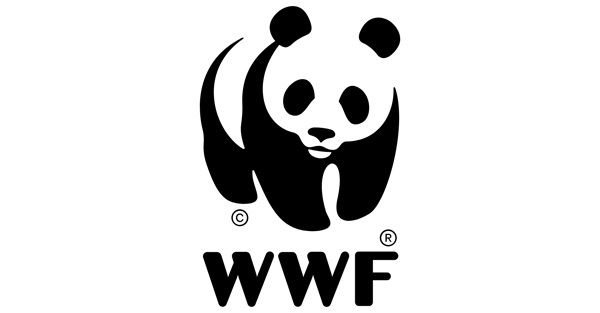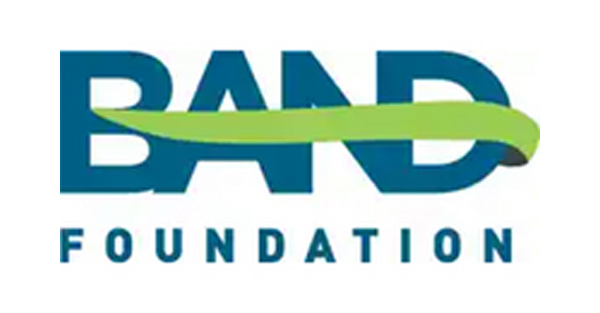Since 2021, the Morally Contested Conservation (MCC) project has studied international perspectives on controversial issues affecting wildlife conservation and economic development in high-biodiversity areas of East and southern Africa. The project’s objective is to produce new knowledge that can support inclusive, evidence-based decisions about some of the thorniest issues in conservation.
CONSERVATION CONTEXT
Wildlife conservation is a global priority. But exactly how to conserve wildlife is fiercely contested. High biodiversity areas in sub-Saharan Africa are focal points for intense international disagreements over how best to conserve wildlife. These disagreements, complicated by global power imbalances, impede attempts to identify locally relevant, inclusive policy options that simultaneously support biodiversity conservation and community development in sub-Saharan Africa.
The Morally Contested Conservation (MCC) research team believe that effective and socially just solutions must be produced through respectful dialogue across disciplines, sectors, and political borders, based on the best available ecological and social evidence. We conduct original social and political research, centred around emerging African researchers and in collaboration with African universities, non-governmental organiSations, and community-based organisations, to generate new knowledge on how multiple groups think about notoriously thorny issues affecting wildlife conservation in sub-Saharan Africa.
So far, we have focused on understanding perceptions of (i) wildlife crimes, such as retaliatory and preventive killing of wild animals, and appropriate punishments; (ii) hunting, including trophy hunting and (iii) using military-style equipment, techniques, and tactics to conserve biodiversity.
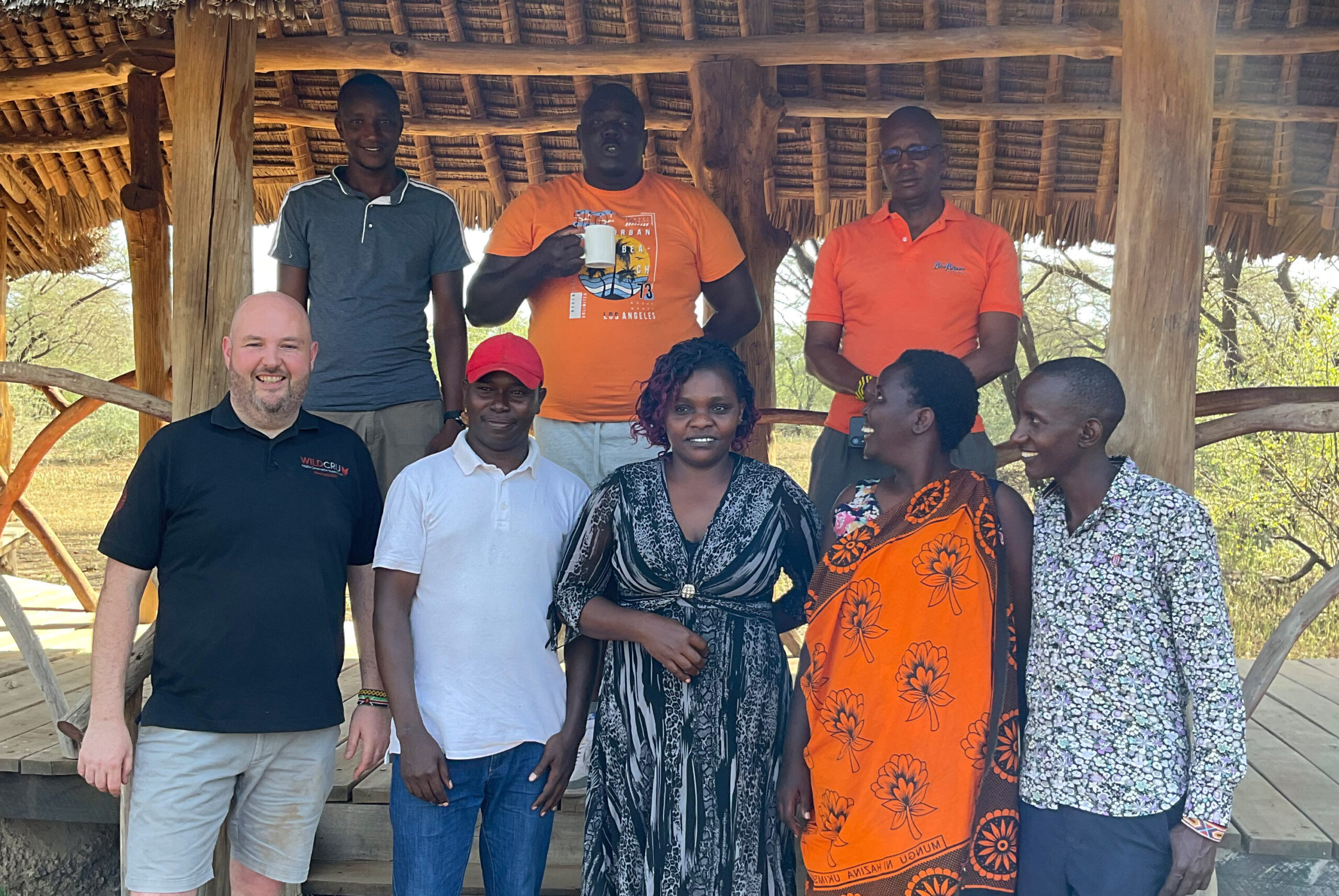
MCC research team in Magadi, Southern Kenya (Steiner Sompeta)
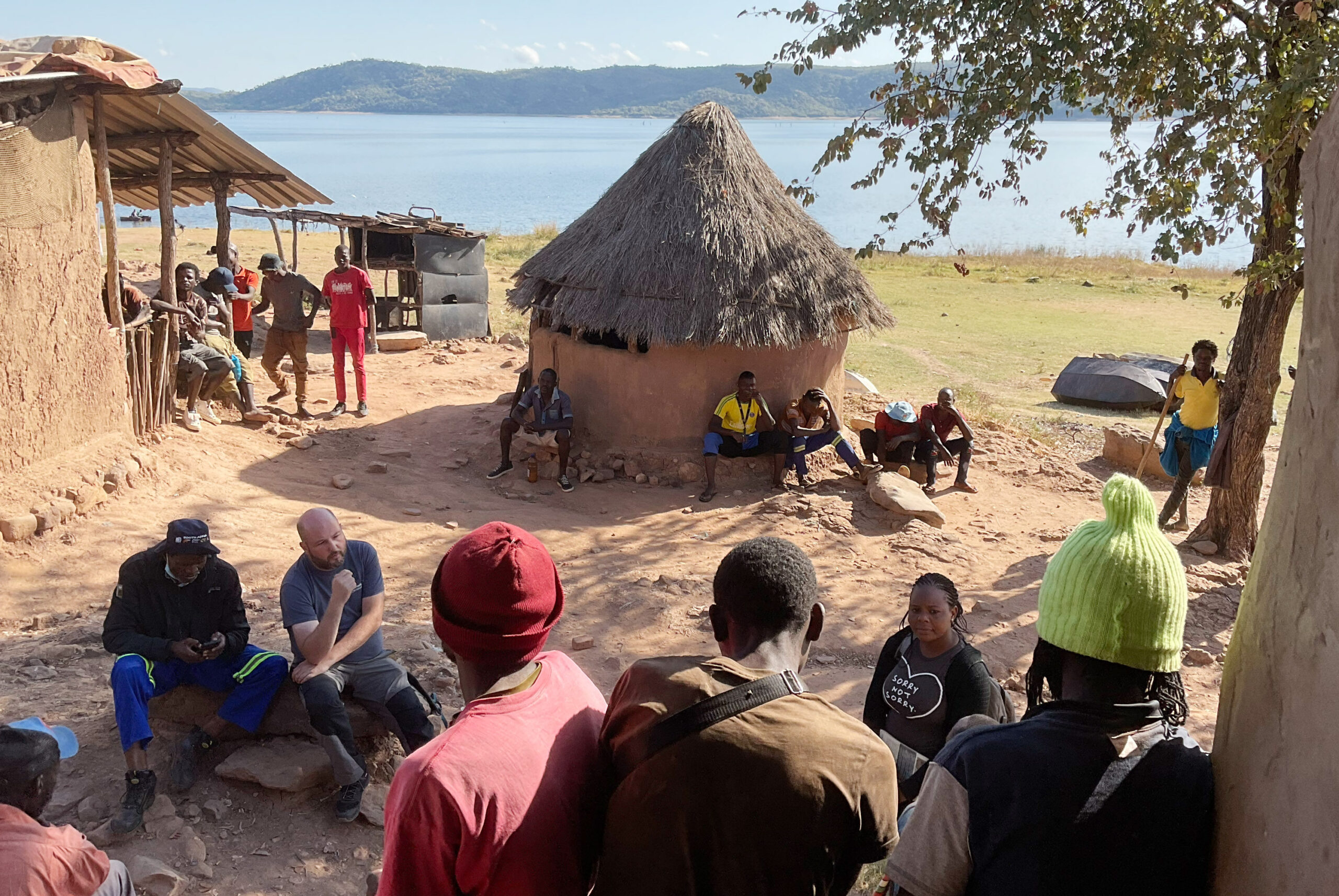
Nyaodza fising camp, Kariba Lake, Zimbabwe (Allen Ally-ma)
APPROACH
We combine in-person fieldwork with large online studies to quantify and compare perspectives of people living in rural and urban areas of sub-Saharan Africa, the United Kingdom, and the United States. We pay particular attention to perspectives of rural African people whose values and preferences are often excluded from decisions that directly affect their lives and livelihoods. Before finalising our results, we return to the communities where we collect data and discuss preliminary findings with community members. This allows us to communicate perspectives on controversial issues as accurately and sensitively as we can, accounting for local contexts.
We work in two trans-frontier conservation areas: SOKNOT (Southern Kenya and Northern Tanzania) and KAZA (Kavango-Zambezi), specifically:
– Nessuit, Marishoni, and Sururu villages in the Mau Forest complex, Kenya
– Shompole and Olkarimatian community conservancies in the South Rift Valley, Kenya
– Burunge, Randilen, and Enduimet Wildlife Management Areas, Tanzania
– The Chief Nelukoba-Dingani chiefdom, Hwange District, Zimbabwe
– Nyaodza, Fothergill, and Gachegache fishing camps on Kariba Lake, Zimbabwe.
We strive for real-world impact by identifying pragmatic, inclusive, and locally relevant solutions to urgent issues of local, national, and international concern. We publish our findings in scientific journals and present them at high-profile international science-policy conferences. We translate findings into formats that are easily understandable to decision makers from local to global scales. You can learn more about our work here.
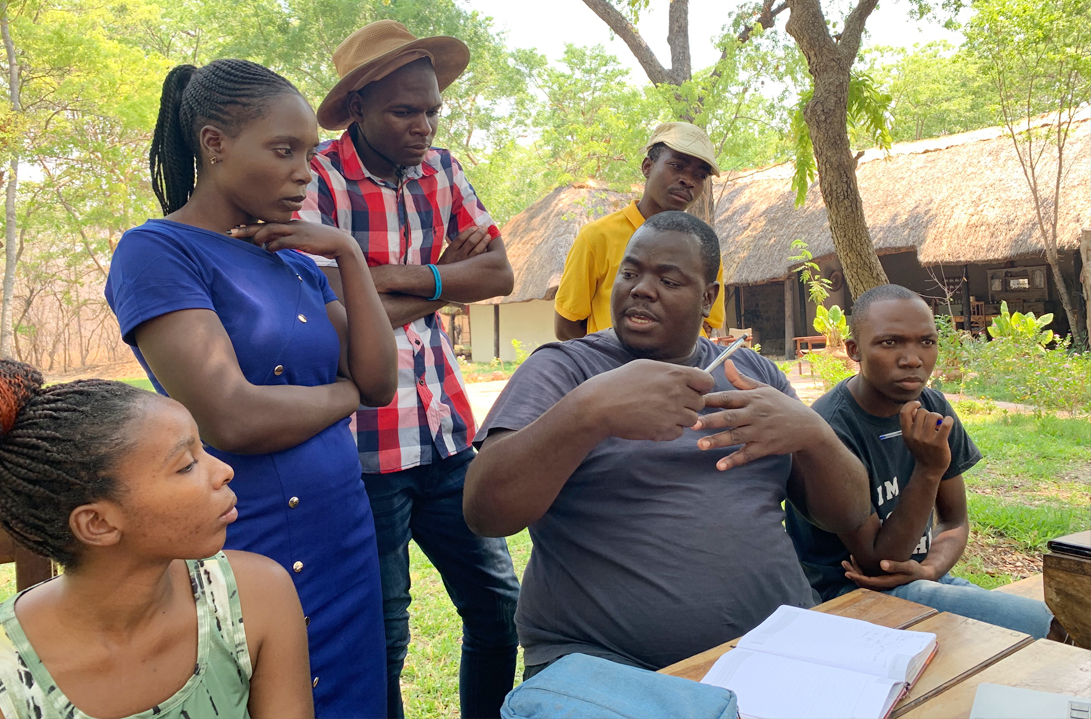
MCC Hwange research team in Hwange, Zimbabwe (Darragh Hare)
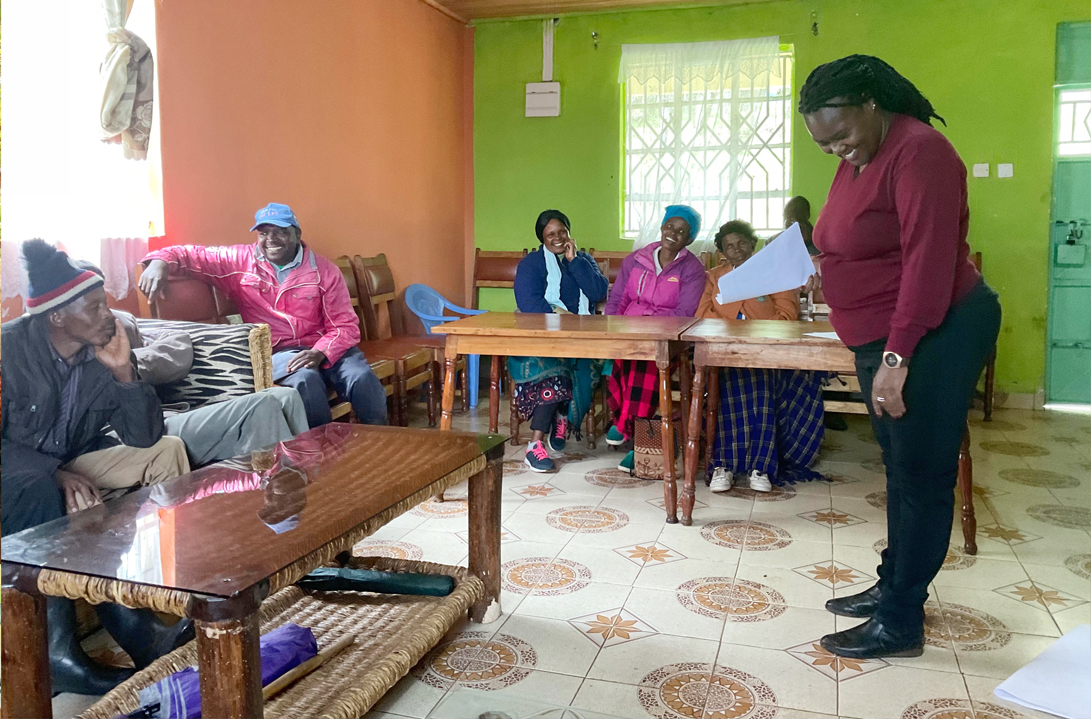
Mariashoni village, Mau Forest Complex, Kenya (Darragh Hare)
PROGRAMME IMPACT HIGHLIGHTS
people shared their perspectives on highly contentious issues with the MCC team
research responses were gathered from people living in rural areas of sub-Saharan Africa
community meetings were organised across our 5 rural African project locations to better understand patterns in our results
PROGRAMME MEMBERS
Our team is made up of senior researchers, graduate students, and undergraduate students from the UK, USA, Kenya, Tanzania, Zimbabwe, and Malawi. Darragh Hare is the project director, Lovemore Sibanda and Amy Dickman are senior researchers on the project. Betty Rono (Rhodes University), Salum Kulunge (Sokoine University of Agriculture), David Kimaili (South Eastern Kenya University), and Yolanda Mutinhima (Chinhoyi University of Technology) hold graduate studentships from the project. Jess Tacey and Emily Madsen are project affiliates based in WildCRU. Lessah Mandoloma (University of Oxford) and Trisha Bhujle (Cornell University) are project affiliates based outside of WildCRU. We collaborate with Shorna Allred (University of North Carolina at Chapel Hill).
PROGRAMME PARTNERS
We are grateful for the support of Jamma International, the Band Foundation and WWF Germany.
